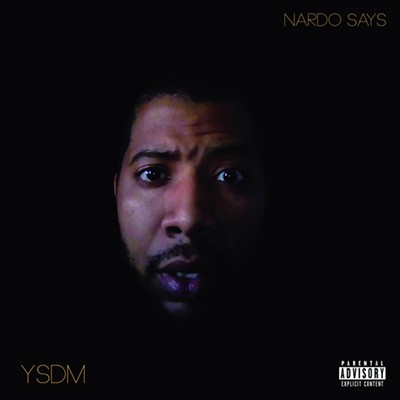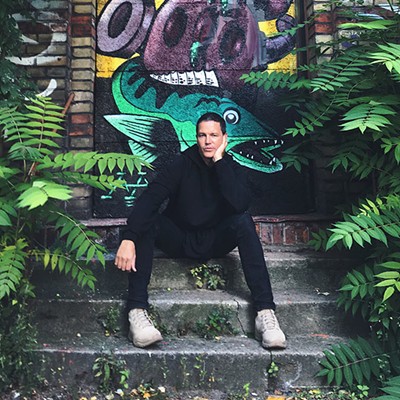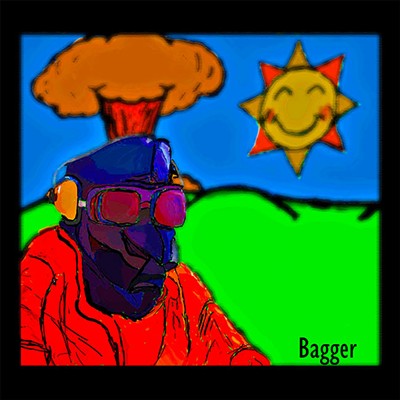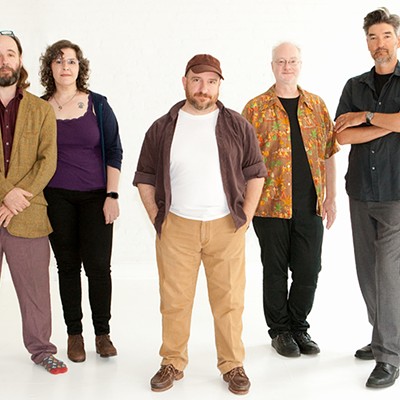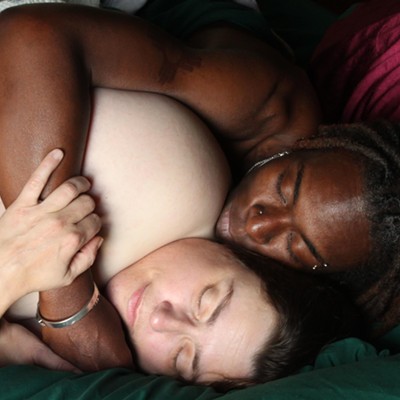Friday, April 1, 2011
A conversation with William Fitzsimmons
William Fitzsimmons spent much of his early life living in the Ohio valley, and went to Quaker Valley High School. The 32-year-old got his master's degree at Geneva College and began work as a counselor, but in 2006 decided to pursue music full-time. He plays Brillobox (4104 Penn Ave., Bloomfield) Tues., April 5 at 9:30; Slow Runner opens. He talked with us via telephone from the road.
Which came first – psychology as a vocation, or music?
Technically, the music was always there. I grew up in a very music-oriented household, and both of my parents played music. But never for a moment was it a career aspiration. Psychology was the real career passion. I felt like that was what I was made, or gifted, to do, however you want to look at it. I got my education in that field, and worked in it for several years, then sort of stumbled backward into writing music.
It started as an exercise in catharsis – writing songs was a good way to empty out some stuff I wanted to get out of my head before I started working with others as a counselor. And music was just something that was there – if my dad had been a painter, I probably would've pulled out a paintbrush.
Did your parents play professionally or as a hobby?
Sort of in between, if that makes sense. They both sang in choirs, my dad was an organist and my mom played the piano at church, and basically wherever else she was. But it was never for pay. Both of my folks are disabled, they're both blind, so music was always important. In the blind community, music means a lot – it's a heightened sense, and it's a way to communicate.
Surely a background in psychology informs your songwriting; is the reverse true, too? Have you ever used music in your work as a therapist?
When I was still practicing regularly, I always looked at the two as dichotomous practices – I kept them completely separated. Now I see what sort of effect music has as a therapeutic tool and I think maybe that was a misstep, and maybe I should've integrated music more into my practice.
You started out writing and recording by yourself; now you have a duet on your new record and have worked with more musicians. How does collaboration play into your songwriting work?
Early on, I took a – it was a self-important and foolish view of the process – I thought that any writer should kind of lock himself in a room and write for himself. So that's what I did. I'm proud of what I did, but since I've kind of grown up. The best thing in any creative endeavor is if you allow each person to fully pursue the best thing that they do. They goal should be creating the most beautiful potent things that you can. Not to stroke your own ego and see how many times you can get your own name in the liner notes.
When you started your songwriting, were you still living in Pittsburgh?
I started writing when I came back to Pittsburgh after undergrad and was living in a little house in Ambridge, doing my internship. I think that geography plays a part in songwriting, at least in mine. I do a lot of my writing outside. Pittsburgh's different. There's a pride there; it's not like when you're in New York or L.A. It's a very special place, I think it brings something out of me.
When I started out, I wasn't playing shows – I was working, and writing music. Even when I had a music supervisor discover me on Myspace, I still wasn't doing much locally. I think I had more fans outside of Pittsburgh than in town, just because I wasn't playing live there.
When did you decide to quit your practice and pursue music full-time? It would've been sometime in 2006. In philosophy, therapy and music work really well together, but in day-to-day practice, they're kind of mutually exclusive. You have a responsibility to your clients, and if someone's feeling suicidal, you can't be in California playing a show. I felt like music was calling louder at that time. But it's nice to know that I can go back to working in therapy if that goes away.
Anything you're specifically looking forward to, coming back to Pittsburgh?
You want me to say Primanti's I bet. [Laughs.] It's really great seeing family. Most of my family lives in the 'Burgh still. I was hoping to throw back a few beers and celebrate the Super Bowl this time around, but that didn't turn out so well.





